
REPORTAGE
22-12-2022 by Freddie del Curatolo
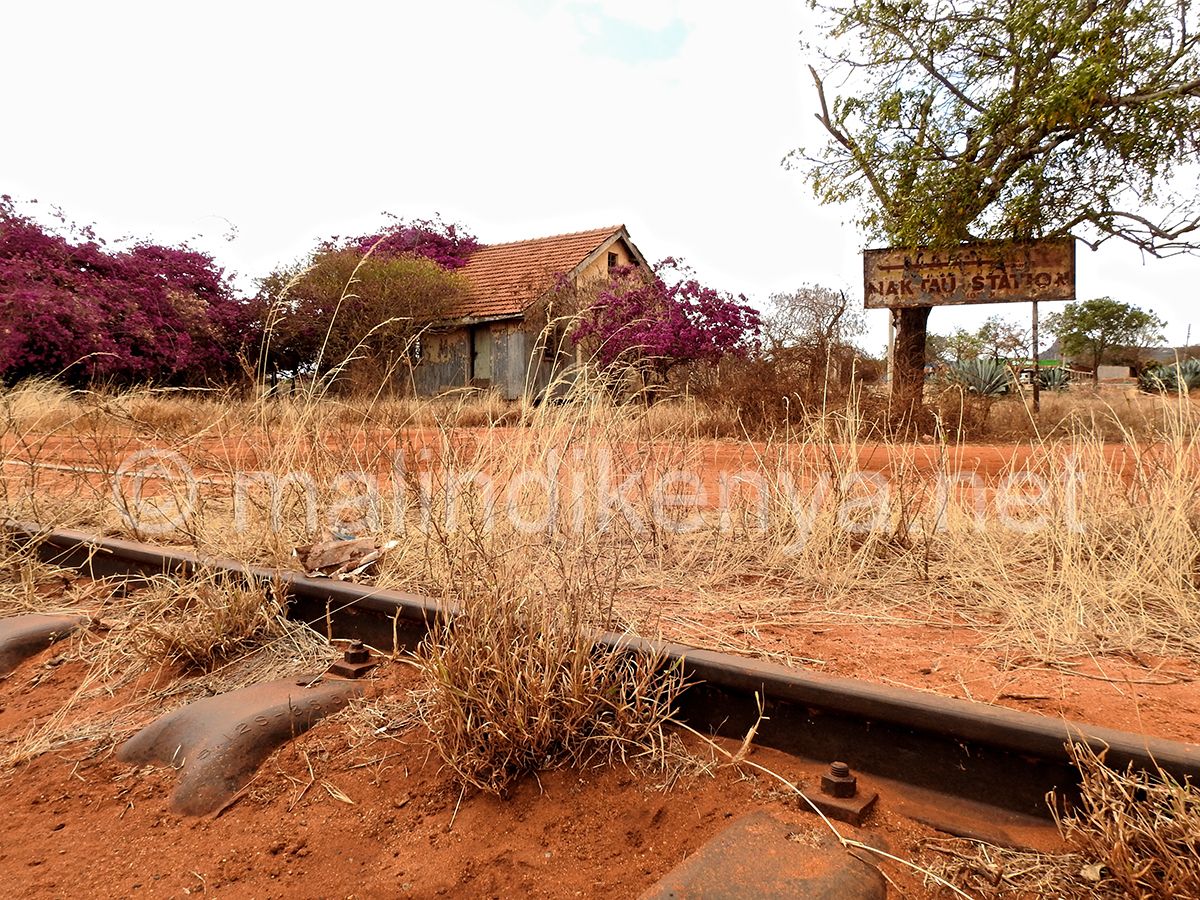
When on 13 August 1914, on the border between Kenya and Tanzania, the armies of Germany and the United Kingdom of Great Britain received the news that they had become enemies, many of the officers of the two sides, until then engaged in the sole work of garrisoning their African colonies, knew and knew each other.
The British District Commissioner Hugh La Fontaine, from his outpost in Taveta, often went to Moshi, at the foot of Kilimanjaro, to breathe the mountain air and drink a craft beer brewed by the Germans, in the company of the commander of the "Shutztruppe", Tom Von Prince and Sergeant Fredrick Broecker.
Von Prince was an unusual character, the son of a Scottish diplomat and a German mother, he had grown up on the island of Mauritius, before moving with his mother to Germany and attending the military academy.
When he received orders from General Von Lettow-Vorbeck to invade the British colony, he prepared his army to take Taveta, a strategic town on the border and an important station on the railway that connected Moshi to Voi and consequently to the port of Mombasa, from where supplies of all kinds also arrived for the Germans.
On the other hand, La Fontaine was warned of a possible German reprisal and alerted his troops, who were meagre and poor compared to those of the new enemies.
The next day, even though he realised that he would have to prepare his retreat, he shot himself from his office at the first battalion that came his way and, in addition to a number of displaced Africans, killed a German officer, who was officially the first European to die in World War I in Africa. It was his drinking buddy Broecker.
The scenery changed abruptly and all around the Tanzanians and Kenyans watched obliviously as what was to become an overnight bloody conflict within the Great War.
The Germans rounded up Zambian and Mozambican slaves and South African soldiers, the British, who were more numerous but less militarily organised, relied on Indians, Kenyans and Ugandans.
On 14 August the Teutonic offensive began and the Queen's army was forced to retreat thirty kilometres to the east along the railway.
The outpost was Maktau station, not far from the Taita hills.
Here one of the bloodiest battles in Kenyan history took place.
The Germans, who had conquered Taveta, blew up a bridge along the railway and tried to close off every passage of the British to force a complete retreat.
From then on there were four years of continuous reprisals and Her Majesty's army, reinforced over time, managed to create a fort in Maktau that was a real city, with 20,000 soldiers and 15,000 porters, labourers and service men.
Almost all of them were Indians and many of them died between 1914 and 1916.
Today, Maktau reveals almost nothing about a history that does not seem to concern Kenya, let alone its people, who even in those areas stayed well hidden and did not take sides.
But history is important because not only can it teach us not to repeat certain mistakes, but it is a source of culture and explains many nuances of the evolution of humanity even in periods as short as a century. In Maktau, in the midst of the ruins of the old railway station that was reactivated after the end of the world conflict and decommissioned at the beginning of 2000, only a common cemetery remains, with a single large memorial stone and a few names compared to thousands of unknown souls who perished for the interests of other nations. The memorial was desired by the Indian community, because many descendants of soldiers of the Indian Army Expeditionary Force are now Kenyan citizens.
Wandering around Maktau, the apparent secular calm of the savannah, in the territory between the Tsavo West, divided in two by the modern asphalt road that today connects Mombasa-Nairobi to the Tanzanian border, as a century ago only the railway did, as well as beaten tracks of red earth to be travelled by horses and caravans, rather than by the first cars, hides pages of history that could not only be of interest to enthusiasts, but also reveal important details to write and better understand the genesis and development of the East African states.
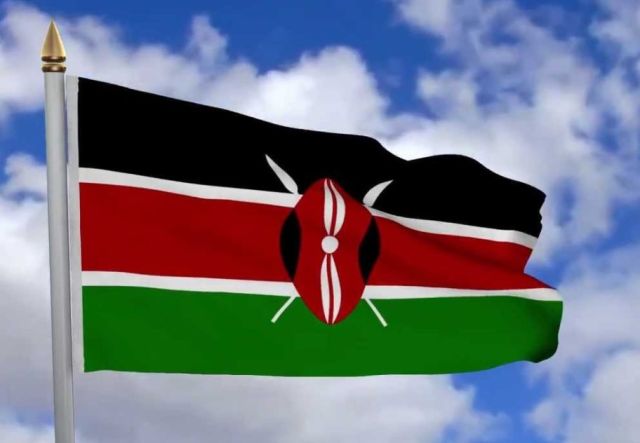
NEWS
by redazione
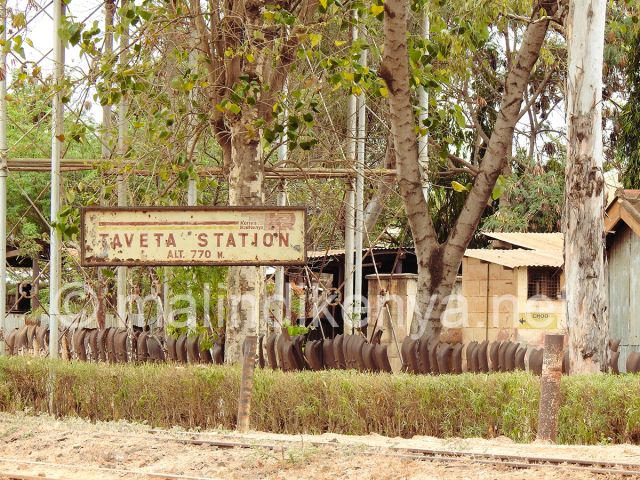
Work to rehabilitate the metric-gauge railway line from the town of Voi to the foothills of Kilimanjaro, or Taveta, Kenya's...

"My struggle to save Africa's natural treasures".
This is the eloquent subtitle of an autobiography written with four hands with the journalist Virginia Morell.
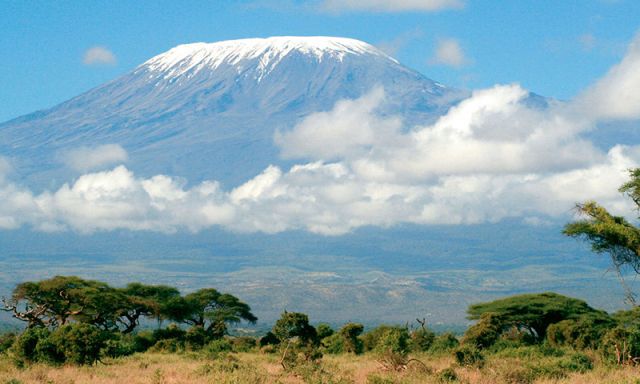
Kilimanjaro is in danger. For ten days now, fires have been raging along its slopes and hiking trails, up...
STORIES
by Freddie del Curatolo

We're in Mombasa, late September 1918.
A little more...
NEWS
by Freddie del Curatolo
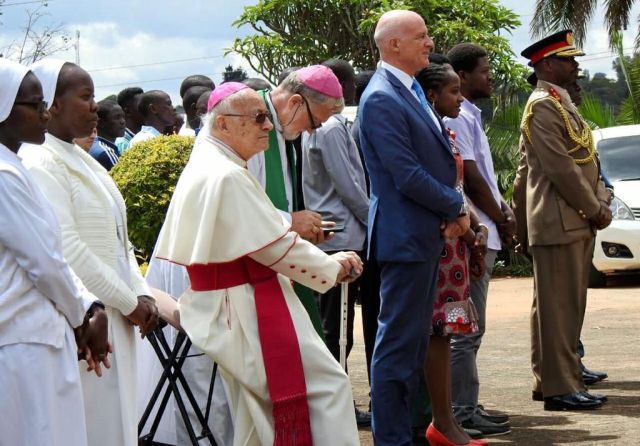
Being Italian in Kenya also means breaking down ideological differences, distances, social and economic disparities...
by Freddie del Curatolo
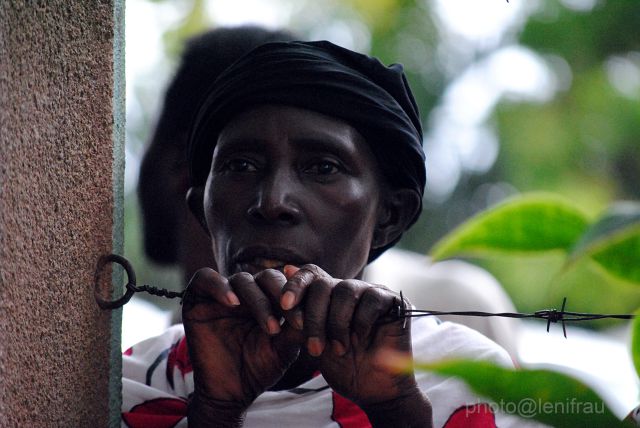
I don't really know what war is, but I imagine it.
There is...
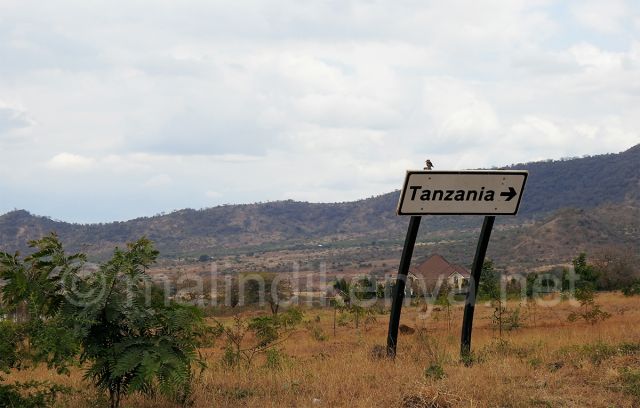
Now it will be possible to travel to Arusha in Tanzania and to the foothills of Kilimanjaro from the Kenyan side, as...
NATIONAL HEROES
by Leni Frau
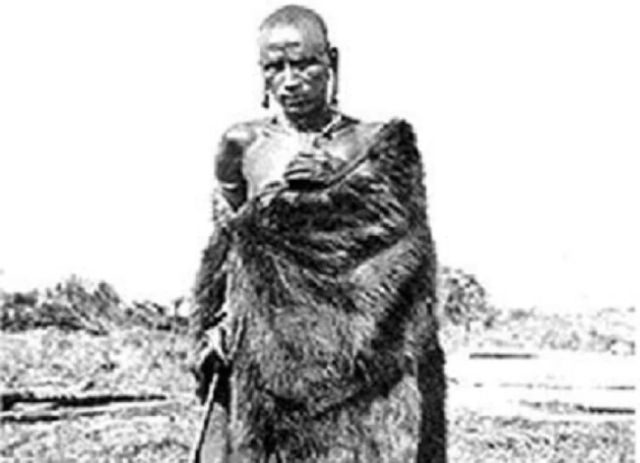
Koitalel Arap Samoei was the most important of the 'orkoiyot', i.e. the spiritual and political leaders of...
MEMORIAL PLACES
by redazione

Nyeri is a small town about two and a half hours' drive from Kenya's capital Nairobi, perched...
NEWS
by redazione
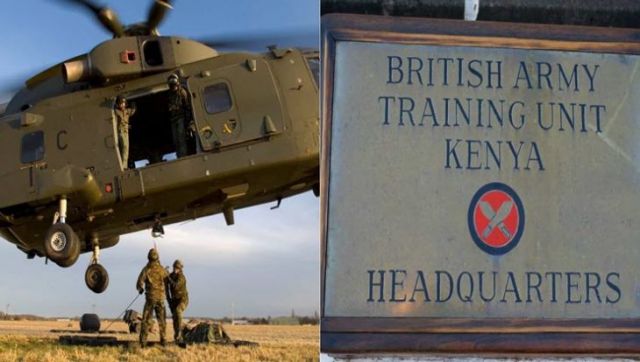
The United Kingdom's military base in Kenya in the town of Nanyuki, which in addition to...
CELEBRATIONS
by redazione

The Italian Ambassador to Kenya, Roberto Natali, attended the ceremony in memory of those...